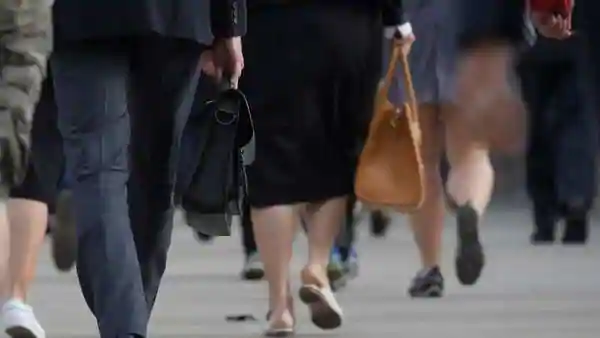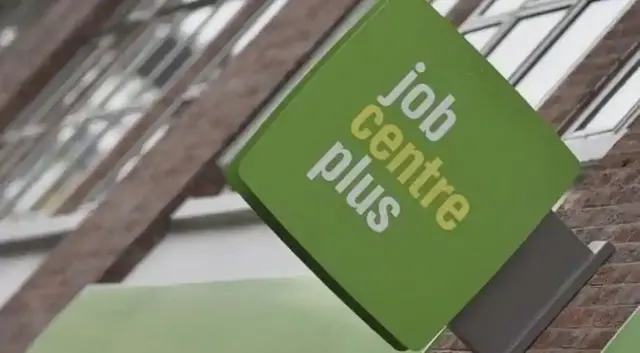The number of people in work in Britain fell by 220,000 in the three months to June, the most since 2009, as the coronavirus crisis hammered the number of self-employed, and signs are growing that the coronavirus will take a heavier toll on the labour market as the UK government winds down its huge job-protection scheme, British official figures showed on Tuesday.
Separate tax data for July showed that the number of staff on company payrolls had fallen by 730,000 since March, sounding the alarm about a potentially much bigger rise in joblessness.
Mounting job losses are expected as Britain winds down its job-retention scheme, which has covered around one in three private-sector jobs. It is due to close at the end of October.
"The cracks evident in the latest batch of labour market data are likely to soon turn into a chasm," said Ruth Gregory, a senior British economist at Capital Economics.
British Finance minister Rishi Sunak said the government's support programmes were working but job losses were inevitable.
"I've always been clear that we can't protect every job, but ... we have a clear plan to protect, support and create jobs to ensure that nobody is left without hope," he said.

Workers cross London Bridge during the morning rush hour in London. /Reuters
The unemployment rate unexpectedly held at 3.9 percent. But that reflected more people who had given up looking for work and therefore were not considered unemployed, and 300,000 people who said they were working but getting no pay, the Office for National Statistics (ONS) said.
The ONS is expected to announce on Wednesday that Britain's economy has fallen into a recession with a 21-percent slump in the size of the economy in the second quarter.
Tuesday's figures showed the number of self-employed people fell by a record amount in the three months to June, led by older workers. The number of employees rose - something the ONS said was partly accounted for by workers reclassifying themselves as employed.
The number of people claiming universal credit - a benefit for those on low pay as well as the unemployed - rose to 2.689 million in July, leaping by 117 percent from March.
Pay fell by the most in more than 10 years in the April-June period, down by 1.2 percent, reflecting how workers on the job retention scheme receive 80 percent of their salary. Excluding bonuses, pay fell for the first time since records began in 2001.
However, there was a small increase in job vacancies in the three months to July as small businesses took on staff to meet coronavirus guidelines, the ONS said.
(CGTN)
 简体中文
简体中文

